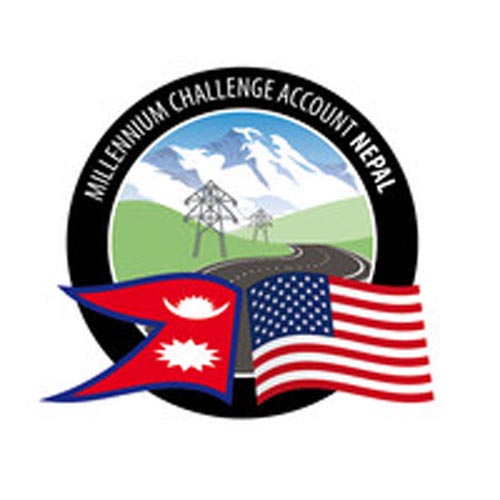MCA-Nepal requests for timely ratification of MCC Compact
Kathmandu, December 22
Even as opposition has been growing from several members of the ruling party of the country against the Millennium Challenge Corporation (MCC) backed projects in Nepal, the Millennium Challenge Account -Nepal (MCA-Nepal) has appealed for timely ratification of the MCC Compact by the Federal Parliament.
The Compact has outlined six Conditions Precedent (CPs) to be achieved as necessary prerequisites before the ‘Entry Into Force’ (EIF), set for June 30.
Out of the six, four have already been met with the October agreement for cross-border transmission line between Nepal and India.
Khadga Bahadur Bisht, executive director of MCA-Nepal, said that the government has been unable to meet the key preconditions to start the projects.
“Parliamentary ratification and access to site are the two major remaining conditions that will be required to ensure Nepal can access the funds allocated to implement the programme on time,” he stated.
As per the plan, the MCC- Nepal programme has identified projects under two headings — high-voltage transmission lines and road maintenance — which need to be completed by June 29, 2025.
As per MCA-Nepal, the project will construct 312-kilometre-long 400 kVA high-voltage transmission lines and three high capacity substations, including building 856 transmission line towers across the alignment.
The transmission line will pass through 30 municipalities of 10 districts. The locations for three substations are in Ratmate, Damauli and New Butwal.
Similarly, the programme will build different road projects with a total length of 100 kilometres.
The projects will be implemented through the use of cutting-edge technology from United States.
The Road Maintenance Project aims to enhance current practices in the maintenance of Nepal’s strategic roads network and will provide technical assistance to the Department of Roads (DoR) and Roads Board Nepal. Maintenance interventions will include pavement improvement techniques and safety enhancement features.
New pavement improvement technology adopted is Full Depth Recycling (FDR) and Superpave asphalt concrete which follows the principle of recycling existing pavement material.
As per Bisht, MCA-Nepal is in the final stage of preparatory works required for the implementation of its projects that aim to increase the availability and reliability of electricity, maintain road quality and facilitate power trade between Nepal and the region to help encourage investments.
Referring to current situation of the project implementation issue, Bisht further said that the Parliamentarians or anyone has the right to raise questions regarding the project but trying to obstruct the project on any condition is not good for its timely implementation.
“We would like to assure that MCA-Nepal is ready to hold necessary discussions regarding the project implementation with all the concerned stakeholders,” he said.
Speaking at the programme, Gyanendra Lal Pradhan, alternative board member of MCA-Nepal, said the Federal Parliament should ratify the project and pave the way to take forward the project as soon as possible. “As per the understanding of Vienna Convention, any development partner has the right to ‘change in law’ protection for any future uncertainty. If any political party’s leader obstructs the project implementation, we should stand against them.”






